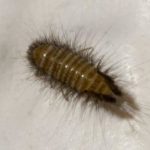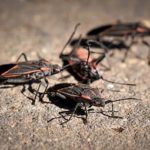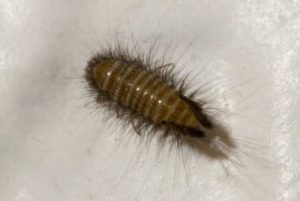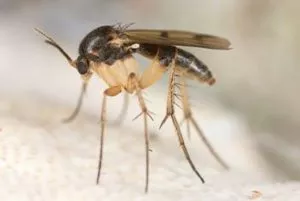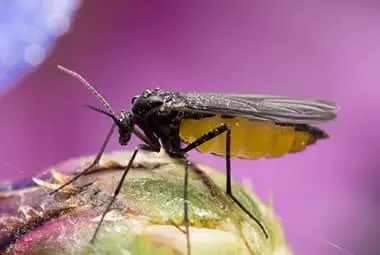
One of the most annoying pests that get into Knoxville homes is the fungus gnat. Like other gnats, they are very tiny. A fungus gnat doesn’t look like much more than a tiny black speck. This black color can help you tell the difference between fungus gnats and fruit flies. Fruit flies are tan with bright red eyes. Here are a few more things you should know about fungus gnats, including why you have them in your Knoxville home.
“How do fungus gnats get in?”
These insects can come into your home through a hole in your screen and an open window, they can fly in through an open door, or they can be carried into your home within plant soil. When they’re carried in, they are in their egg, larval or pupal stage of development.
“Where are the gnats coming from in my house?”
Once fungus flies get in, they will begin to reproduce. They can do this in many locations. Wherever they reproduce, there is going to be decaying vegetation or fungi present. Some common breeding locations are:
- Damp soil in potted plants or on portions of house plants that are dying.
- Rotting organic matter in open trash receptacles.
- Rotting organic matter in drains.
- Overripe fruit sitting out on a counter.
- Fermenting liquid in returnables.
“What are fungus gnats attracted to?”
Dampness will usually attract fungus gnats because, where there is dampness, there is usually fungus. They’re also drawn to any organic material that is decaying or fermenting. People sometimes put out traps for fungus gnats using apple cider vinegar but, if made improperly, these can allow fungus gnats to reproduce quickly in your home. It won’t be long till you’re finding apple cider vinegar-colored splotches on white door frames where eggs have hatched and larvae have slithered around. And it won’t be long till you’re finding bright-colored walls covered in tiny black flies that prefer to run away from you rather than fly away. The good news is that they’re easy to squish. The bad news is, they do fly around and they can be very annoying, especially when they land on your face and run across your forehead.
“How do you get rid of fungus gnats?”
Adult fungus gnats don’t live very long. If you really want to get rid of them because they’re driving you crazy, a vacuum cleaner can help get the job done. If made properly, a trap can help control them. But ridding your home of adult fungus gnats isn’t going to fix your problem. You need to figure out where the gnats are reproducing and address the breeding sites. This can be difficult. Fungus gnats don’t always reproduce in locations that are easy to find. They could be in your ventilation ducts. They could be in your walls. They could be in a dirty drain. It is best to contact a pest management professional to track down a fungus gnat infestation.
“Are fungus gnats harmful to humans?”
Fungus gnats aren’t a direct threat. They don’t bite people. But they climb around on rotting things. This can make them a mechanical vector for bacteria. If you have a cat box, you could have some very filthy fungus flies in your home. These insects are known to crawl on moist cat feces that aren’t properly covered. If a gnat goes from a dirty location to your food-prep areas or dishes, they can spread harmful bacteria and pathogens. But in a home that is clean, and where there is no cat box with exposed droppings, fungus gnats are low threat for illness.
Fungus Gnat Control
If you’re having issues with fungus gnats and you’re in our Greater Knoxville service area, we can help you resolve your issue. Schedule a free in-home evaluation to get started.
Why Fungus Gnats Are In Your Knoxville Home in Knoxville TN
Serving East Tennessee since 1971
